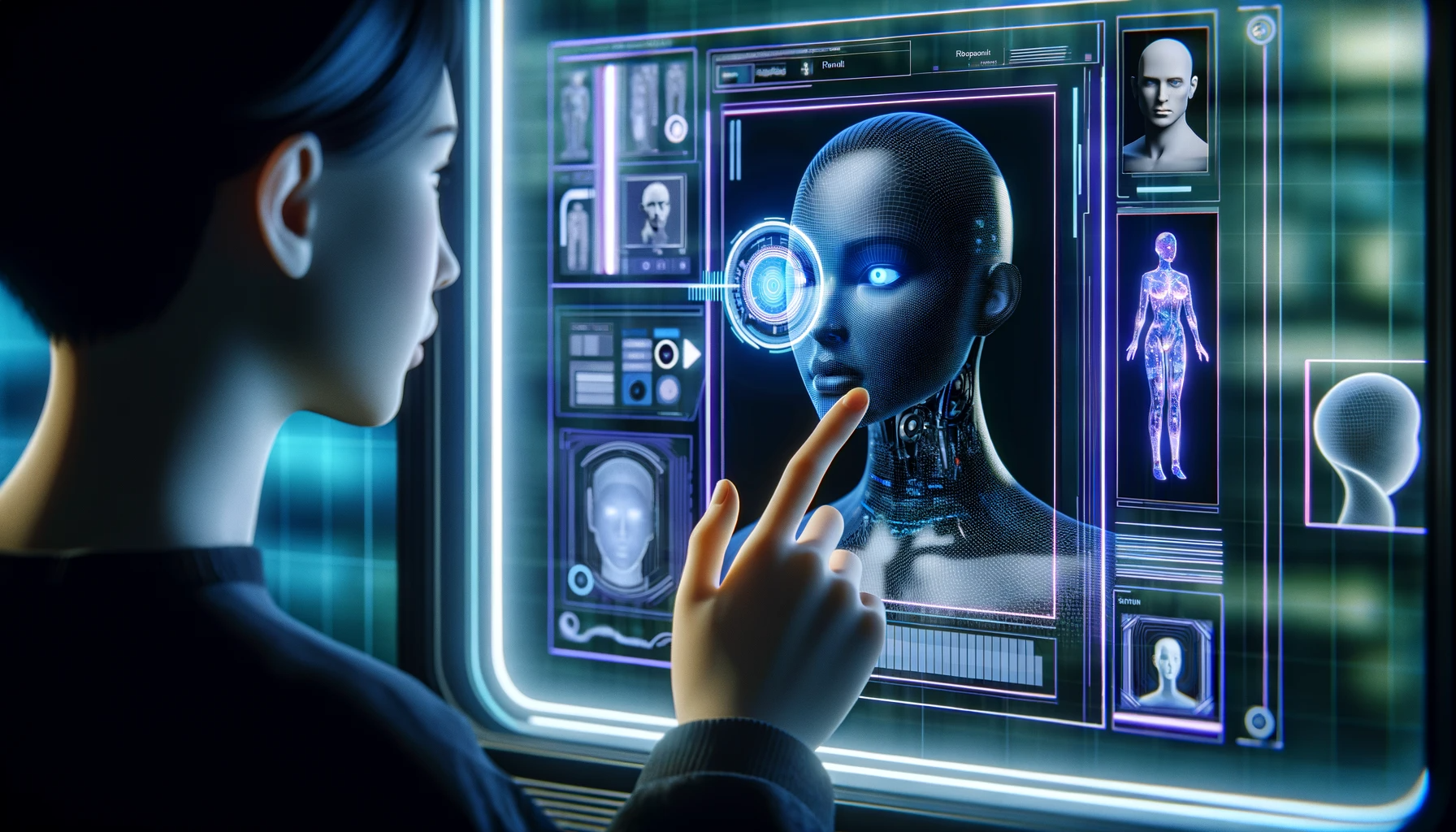Sex dolls have existed for decades, but recent advances in AI and VR are taking their realism and capabilities to new levels. As these lifelike robotic dolls become more intelligent and interactive, it raises a number of legal and ethical issues that merit examination. This article explores some of the key legal considerations surrounding the use of AI and VR technologies in sex dolls.
Legal Status of Sex Dolls
In most places, sex dolls themselves are legal, though some areas restrict their sale and import. For example, in the UK the Importation of Indecent or Obscene Articles Act of 1964 bans importing sex dolls that represent children. Some other jurisdictions have laws prohibiting the trafficking of sex dolls resembling children. Generally, simple non-animated sex dolls are legal in many countries, though there may be zoning or public decency restrictions on their use and display.
However, incorporating AI/VR capabilities pushes legal boundaries. Recording features raise privacy issues, simulated children raise ethical concerns, and holding manufacturers liable for harm becomes more complex with autonomous dolls. As the technology advances, lawmakers will likely need to update obscenity and decency laws
Privacy Concerns with Recording Features
One major legal issue surrounding AI-enabled and VR sex dolls is the potential privacy violations from recording features. Many advanced dolls now come equipped with cameras and microphones to capture video and audio during sexual acts with the doll. This raises serious privacy questions, as the recordings could be stored, analyzed, or even shared without the user’s consent.
Some critics argue that the privacy risks from these recording features are too great, and there should be regulations limiting or banning their use in sex dolls. The recordings contain extremely sensitive content, and a data breach could expose a doll owner’s intimate moments. There are also concerns that the data could be used to profile, monitor, or manipulate users.
However, manufacturers claim the recordings are only used to improve the dolls’ AI responses, not for surveillance. They argue owners consent to the data collection by using the doll’s features. Still, informed consent is difficult if privacy policies are unclear or users are not made fully aware of the recording capabilities.
Overall, the privacy issues surrounding sex doll surveillance remain controversial. While the recordings may improve AI performance, the lack of transparency and control given to users creates a legal grey area. As these technologies evolve, regulators will likely need to implement stronger privacy safeguards regarding the capture and storage of users’ intimate data. Finding the right balance between AI advancement and personal privacy will be an ongoing challenge.
Concerns About Normalizing Abuse
Some critics have raised concerns that the use of highly realistic AI and VR sex dolls could lead to the normalization of violent, abusive, or degrading behaviors towards women. The dolls are designed to be fully customizable and programmable to meet any fantasy or desire. This opens the door to programming them to act out rape, abuse, and other harmful scenarios.
While proponents argue this provides a safe outlet for dark fantasies, opponents counter that it risks desensitizing users and reinforcing the harmful attitudes and beliefs that often underlie abusive behaviors. They argue the dolls could encourage objectification, lack of consent, and violence against women.
Some researchers have found evidence that pornography use can shape sexual attitudes and behaviors. Critics contend that the immersive, interactive nature of AI/VR sex dolls could have an even stronger impact in potentially normalizing problematic attitudes and actions. More research is needed, but it remains an important concern.
Regulators and society at large may need to weigh the risks of normalizing or encouraging abuse versus providing an outlet that keeps problematic desires confined to dolls rather than real people. It is a complex issue that highlights some of the ethical gray areas that advanced adult dolls present.
Liability for Harmful Use
An important legal consideration is whether and how sex doll manufacturers could be held liable if their products are used to directly harm or abuse real people. For example, if a doll owner used skills and behaviors practiced on a doll to then sexually assault someone. Or, if the doll was hacked to capture and share recordings without consent.
Manufacturers would likely argue they cannot control how individuals use their lawfully sold products. However, critics may push for regulations requiring safety features and restrictions to prevent harmful use. There are analogies in other
Key Takeaways
Here is a summary table of the key takeaways from the article excerpt:
| Topic | Key Takeaways |
|---|---|
| Legal Status of Sex Dolls | – Sex dolls themselves are legal in most places, may be some restrictions on sales/imports – Incorporating AI/VR pushes legal boundaries |
| Privacy Concerns | – Recording features raise privacy issues around data storage/sharing – Lack of transparency and control for users – Need for stronger regulations |
| Normalizing Abuse | – Concerns dolls could reinforce problematic attitudes about women/consent – More research needed on impact of immersive, interactive dolls |
| Liability Issues | – Unclear if manufacturers are liable for harmful use of dolls – Parallels to other industries (guns, cars) where liability is complex |


